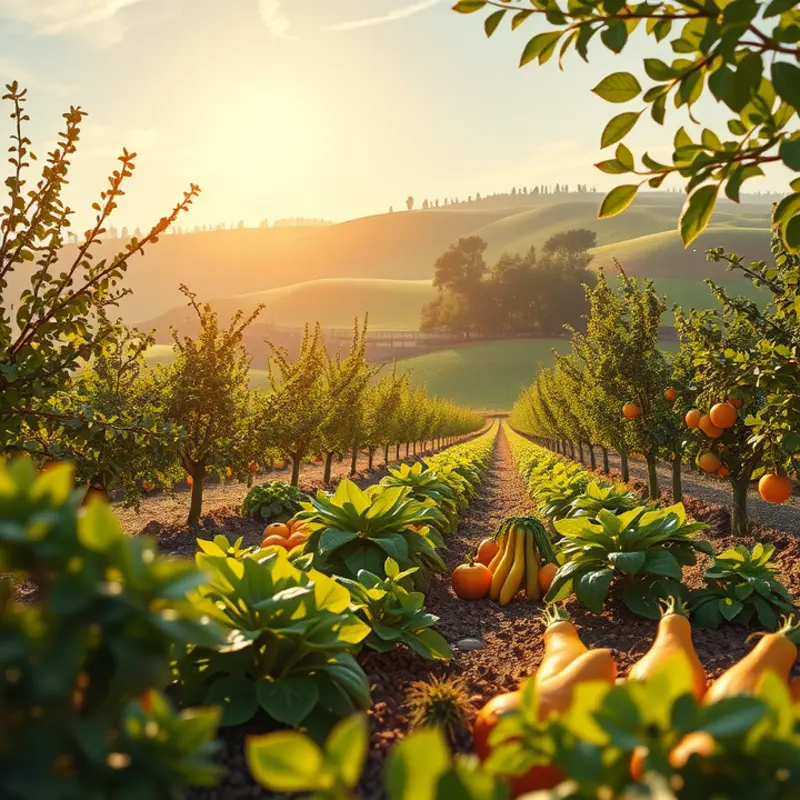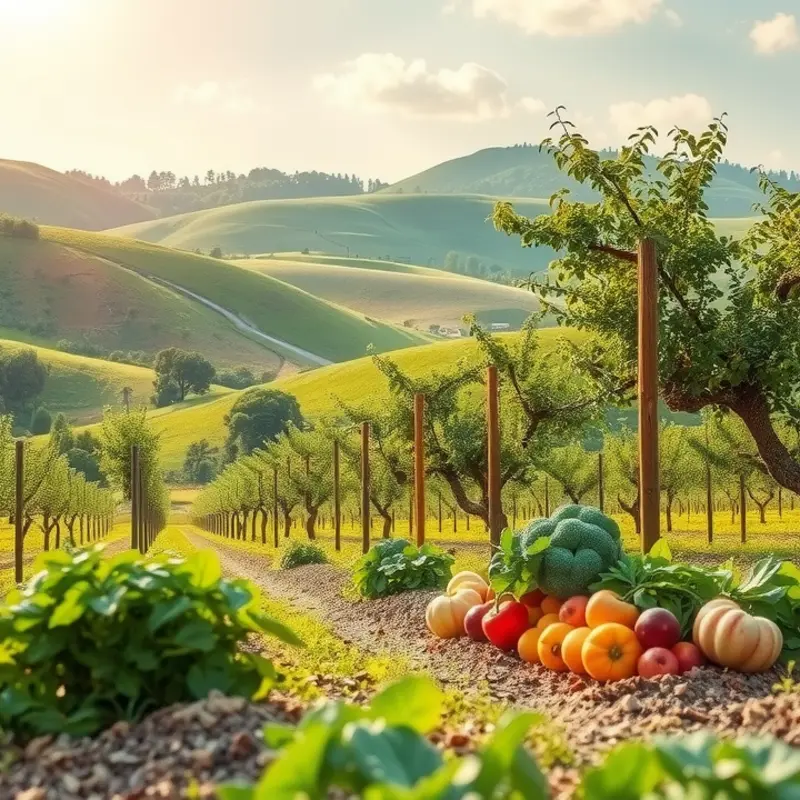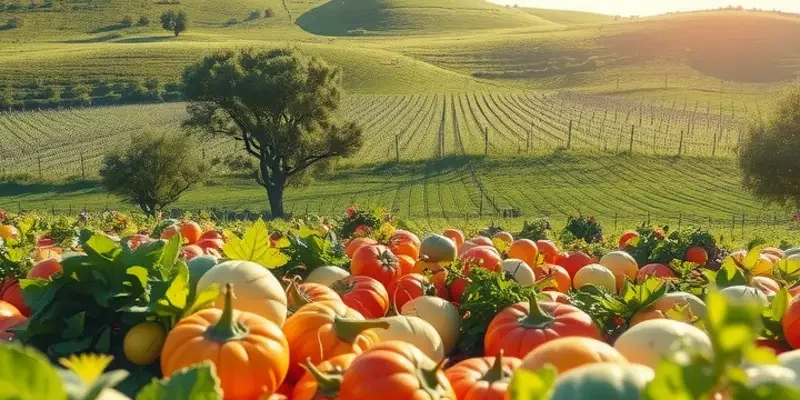Choosing eco-friendly dining habits is crucial for preserving our planet’s health. By making conscious food choices, individuals can reduce their environmental impact while enjoying delightful meals. This article highlights practical approaches to environmentally-conscious dining that not only satisfy your palate but also nurture the Earth. From sourcing local ingredients to adopting mindful consumption habits, discover how you can contribute to a sustainable food ecosystem.
The Benefits of Local Sourcing

Local sourcing is at the heart of eco-friendly dining, offering numerous benefits for your health, community, and the environment. By choosing locally-produced food, you play a crucial role in reducing the carbon footprint. The transportation of food over long distances requires significant fossil fuel consumption, contributing to greenhouse gas emissions. When you support local produce, you minimize these emissions, thus making a positive impact on the environment.
A dedication to local sourcing also encourages seasonal eating, which is inherently sustainable. Consuming foods that are in season locally not only means fresh and flavorful meals but also reduced reliance on energy-intensive practices like artificial heating and cooling in farming. Seasonal produce is harvested at its peak and swiftly brought to market, ensuring nutrient density and taste, contributing to a more healthful diet.
Moreover, purchasing from local farmers fosters economic resilience within your community. When local farms thrive, they create jobs and circulate money within the community, strengthening its economic foundation. By purchasing directly from local markets or through community-supported agriculture (CSA) programs, you can ensure your money supports regional agriculture rather than large-scale industrial farms.
Finding local markets can be as simple as visiting a neighborhood farmer’s market or joining a CSA. Many communities also host online platforms where local farmers list available produce, making it easier than ever to source locally. Additionally, building relationships with your local producers can enrich your dining experience, providing insight into the origins of your food and how it is grown.
Incorporating seasonal items into your meals may require some creativity, but it is an opportunity to explore vibrant, diverse flavors. Start by identifying a few seasonal staples and plan your meals around these ingredients. This approach not only adds variety to your diet but also reduces food waste, as you are more likely to consume perishables when they are central to your meals. For practical tips on reducing waste during meal preparation, you might find this guide useful.
Local sourcing embodies the synergy between eco-friendly practices and culinary delight. By maximizing the benefits of seasonal, local produce, you contribute to a sustainable food system. This approach celebrates the natural bounty of your region while reducing environmental impact, illustrating that mindful, local dining is essential for a sustainable future.
Mindful Consumption and Waste Reduction

Reducing waste in our dining habits is imperative for a sustainable future. Through mindful consumption, we can significantly lessen our environmental impact, starting with meal planning and portion control. Planning meals allows us to purchase only what we need, reducing the probability of excess and waste. By considering the number of servings required, we minimize leftovers and ensure that we eat what we cook.
Portion control is not only beneficial for our health but also reduces waste. Smaller portions can be refrozen—a key practice in reducing food waste. For a comprehensive guide on safe storage practices, you can explore eco-smart kitchen storage, which offers valuable tips.
Embracing composting is another practical strategy to handle unavoidable leftovers. Composting transforms food scraps into nutrient-rich soil, which can nourish your garden or be shared with community gardens, closing the loop in food consumption. Innovative composting solutions, such as balcony composters, make it accessible for urban dwellers, enabling more people to contribute to this practice.
Beyond composting, many food scraps can be repurposed. Vegetable peels can flavor broths, while stale bread can transform into croutons or breadcrumbs. Such creative approaches not only reduce waste but also add variety to our meals.
Choosing reusable containers and biodegradable utensils when packing food and avoiding single-use products significantly cuts down on waste. Prioritize products with sustainable packaging—those made from recycled materials or easily recyclable—to support a reduction in resource use and waste.
A small shift in habits, like carrying a reusable shopping bag or choosing loose produce over pre-packaged ones, can have a significant impact. These decisions ripple outwards, reducing waste and promoting a healthier planet overall. By adopting mindful consumption practices, we are not just making smart individual choices; we are influencing global change.
Final words
Embracing eco-friendly dining habits is a rewarding journey that positively impacts your health and our planet. By sourcing locally and consuming mindfully, you play a pivotal role in fostering a sustainable food system. Remember, your choices in the kitchen can ripple outward to create broader environmental benefits. Stay informed about seasonal produce, support local farmers, and reduce waste through smart practices. Together, we can ensure that our dining experiences are both delightful and responsible, paving the way for a brighter, greener future.








